GENDER IN HISTORY
Series editors:
Lynn Abrams, Cordelia Beattie, Pam Sharpe and Penny Summerfield
The expansion of research into the history of women and gender since the 1970s has changed the face of history. Using the insights of feminist theory and of historians of women, gender historians have explored the configuration in the past of gender identities and relations between the sexes. They have also investigated the history of sexuality and family relations, and analysed ideas and ideals of masculinity and femininity. Yet gender history has not abandoned the original, inspirational project of womens history: to recover and reveal the lived experience of women in the past and the present.
The series Gender in History provides a forum for these developments. Its historical coverage extends from the medieval to the modern periods, and its geographical scope encompasses not only Europe and North America but all corners of the globe. The series aims to investigate the social and cultural constructions of gender in historical sources, as well as the gendering of historical discourse itself. It embraces both detailed case studies of specific regions or periods, and broader treatments of major themes. Gender in History titles are designed to meet the needs of both scholars and students working in this dynamic area of historical research.
Men on trial
OTHER RECENT BOOKS IN THE SERIES
The state as master: gender, state formation and commercialisation in urban Sweden, 16501780 Maria gren
Love, intimacy and power: marriage and patriarchy in Scotland, 16501850 Katie Barclay (Winner of the 2012 Womens History Network Book Prize)
Modern women on trial: sexual transgression in the age of the flapper Lucy Bland
The Womens Liberation Movement in Scotland Sarah Browne
Modern motherhood: women and family in England, c. 19452000 Angela Davis
Gender, rhetoric and regulation: womens work in the civil service and the London County Council,190055 Helen Glew
Jewish women in Europe in the Middle Ages: a quiet revolution Simha Goldin
Women of letters: gender, writing and the life of the mind in early modern England Leonie Hannan
Women and museums 18501914: Modernity and the gendering of knowledge Kate Hill
The shadow of marriage: singleness in England, 191460 Katherine Holden
Women, dowries and agency: marriage in fifteenth-century Valencia Dana Wessell Lightfoot
Women, travel and identity: journeys by rail and sea, 18701940 Emma Robinson-Tomsett
Imagining Caribbean womanhood: race, nation and beauty contests, 192970 Rochelle Rowe
Infidel feminism: secularism, religion and womens emancipation, England 18301914 Laura Schwartz
Women, credit and debt in early modern Scotland Cathryn Spence
Being boys: youth, leisure and identity in the inter-war years Melanie Tebbutt
Queen and country: same-sex desire in the British Armed Forces, 193945 Emma Vickers
The perpetual fair: gender, disorder and urban amusement in eighteenth-century London Anne Wohlcke
MEN ON TRIAL
PERFORMING EMOTION, EMBODIMENT AND IDENTITY IN IRELAND, 180045

Katie Barclay

Manchester University Press
Copyright Katie Barclay 2019
The right of Katie Barclay to be identified as the author of this work has been asserted by her in accordance with the Copyright, Designs and Patents Act 1988.
Published by Manchester University Press
Altrincham Street, Manchester M1 7JA
www.manchesteruniversitypress.co.uk
British Library Cataloguing-in-Publication Data
A catalogue record for this book is available from the British Library
ISBN 978 1 5261 3292 5 hardback
First published 2019
The publisher has no responsibility for the persistence or accuracy of URLs for any external or third-party internet websites referred to in this book, and does not guarantee that any content on such websites is, or will remain, accurate or appropriate.
Typeset by
Servis Filmsetting Ltd, Stockport, Cheshire
For the men in my life
Steven, Dad, Liam, Gaius, Harry
and my many brothers-in-law
Contents
The idea for this book originated when working for Professors Maria Luddy and Mary ODowd as a research assistant on their Marriage in Ireland, 16001925 project, funded by the Arts and Humanities Research Council. At that point now almost a decade ago studies of Irish masculinity were still embryonic. A small idea was developed into a coherent project with the help of some pilot funding by the Roberts Fund, University of Warwick, and that project in turn was the basis of a research fellowship at the Institute of Irish Studies, Queens University, Belfast. I would like to thank Maria, Mary and Dominic Bryan for their support in these early stages as I conducted the core research and began to understand what was significant, as well as the institutions for their financial assistance. From there I went to work in the Australian Research Council Centre of Excellence in the History of Emotions and Department of History, University of Adelaide, where I found a cluster of colleagues interested in questions of law, emotion and gender. I would like to thank David Lemmings, Claire Walker, Franois Soyer, Merridee Bailey, Carly Osborn and Abaigal Warfield for listening to early drafts and commenting on pieces of work. Amy Milka gets special mention for reading the whole manuscript, as do friends and colleagues elsewhere Tanya Evans, Rosi Carr, Susan Broomhall and Joanne Begatio. Their feedback has been invaluable to making this a better book and me a better historian.
I would like to thank the staff at the National Library of Ireland (NLI) and National Archives of Ireland for their support with research and for tolerating my idiosyncratic pronunciation of Irish place names. The NLI, University of Adelaide Library, Board of Trinity College Dublin, Public Record Office of Northern Ireland, National Portrait Gallery, London and Mary Evans Picture Library have kindly provided permission to reproduce the images in this book. Part of is developed and expanded in Performing emotion and reading the male body in the Irish court, c. 18001845, Journal of Social History, 51:1 (2017), 293312. Perhaps reflecting the circle of academic life, I also thank Jean McBain for her research assistance in the last stages of this project.
Every academic book is sustained by our friends and family. I thank mine, not least Steven who has taught me so much about how manliness can be kind, patient, gentle, supportive and fun.
A man never begins by positioning himself as an individual of a certain sex; he is a man, it goes without saying. (Simone de Beauvoir, 1949)
I am a man and I am a gentleman. (Peter Hoolihan, 1844)
Writing within a discussion of female alterity, De Beauvoirs claim located men as the norm against which women were defined. She argued that the ability of men to be sexless to never have to acknowledge or affirm their gender was a position of power. His claim, I am a man and I am a gentleman, was an assertion of that same power De Beauvoir understood man to hold. But, it was necessary because the political category of manhood that Beauvoir identifies was not universally available to all in early nineteenth-century Ireland. In claiming to be a man, Hoolihan resisted the emasculation that he believed was inherent in the act of being arrested, something he associated with men lower down the social ladder men who had fewer claims to political authority. In this, he was not alone.

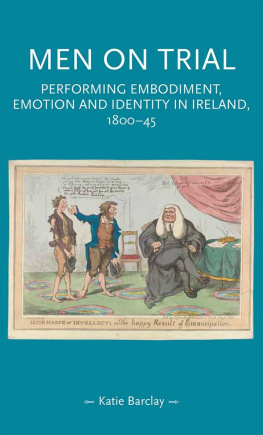
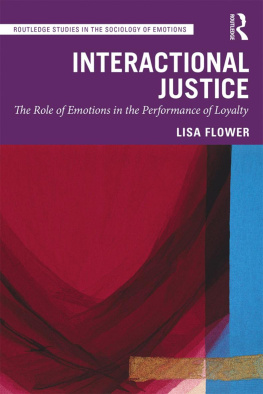

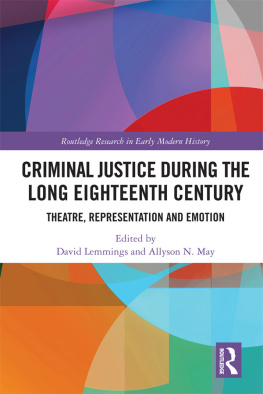
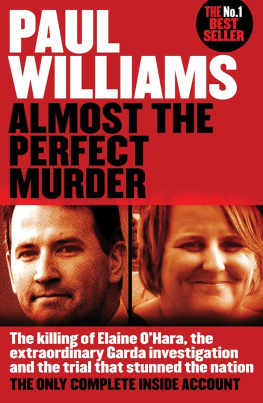
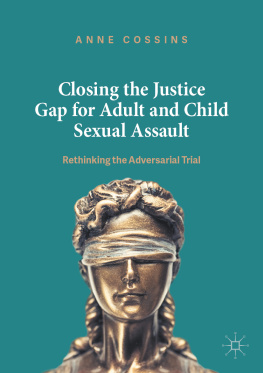
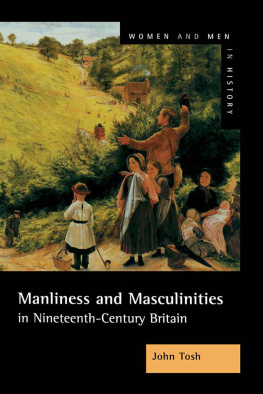
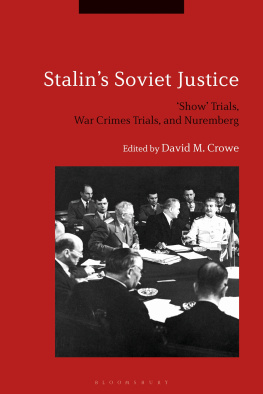
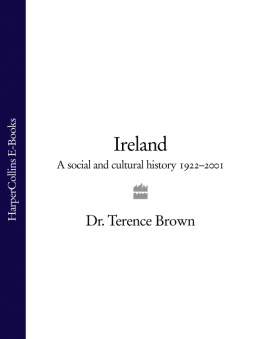



 Katie Barclay
Katie Barclay 